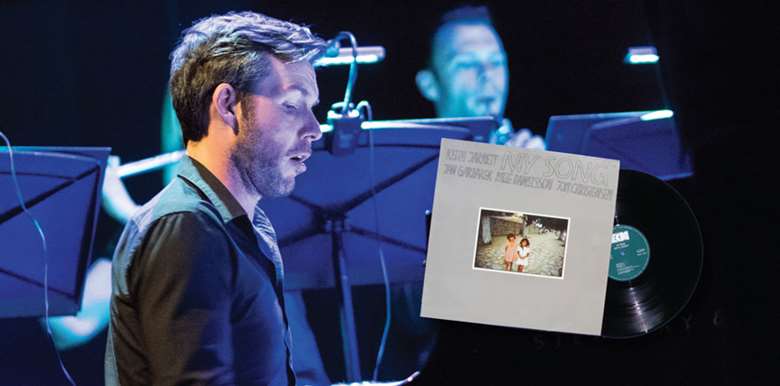Life-changing jazz albums: 'My Song' by Keith Jarrett
Monday, January 15, 2018
Pianist Gwilym Simcock talks about the album that changed his life, 'My Song' by Keith Jarrett.


Register now to continue reading

Thank you for visiting Jazzwise.co.uk. Sign up for a free account today to enjoy the following benefits:
- Free access to 3 subscriber-only articles per month
- Unlimited access to our news, live reviews and artist pages
- Free email newsletter